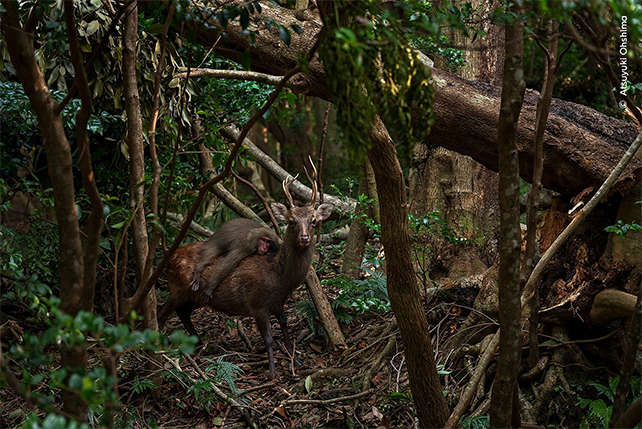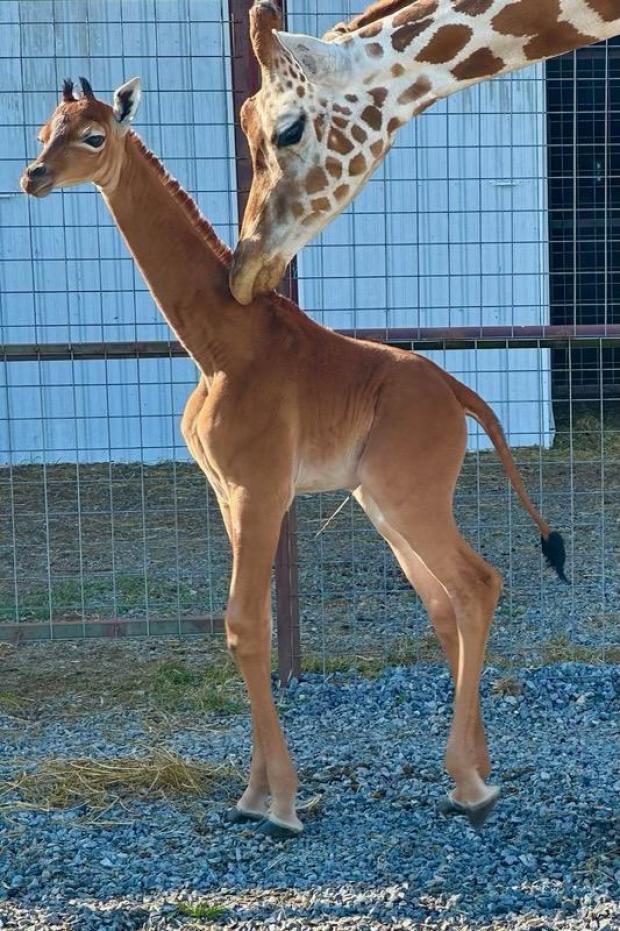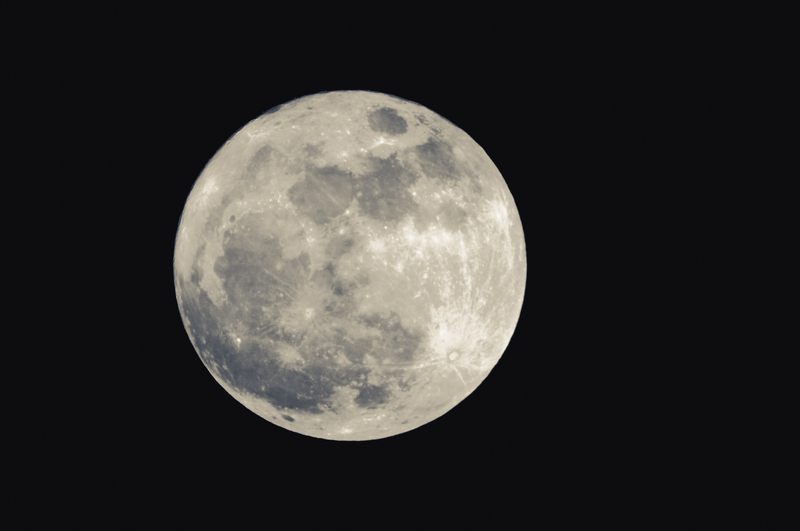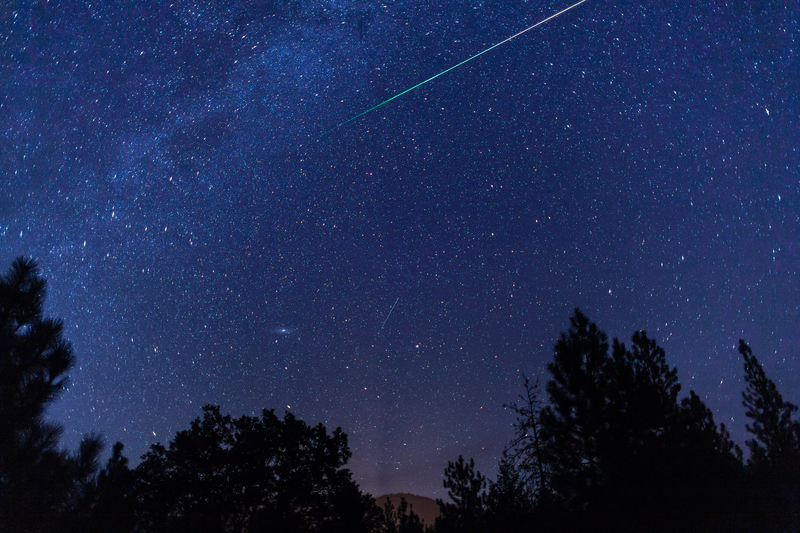The term 'songbird' isn't just a cute phrase. These birds—from jays and robins to warblers and cuckoos—all have signature bird songs.
These tunes are so distinct from species to species, that some people can recognize a bird just by its song. They don't even need to see it.
Research shows that many species of songbird have regional dialects where the songs are similar, but a bit different than elsewhere. It's a bit like how humans have accents or phrases that are unique to a city, area, or country. And now, scientists have found something really interesting.
A new white-throated sparrow song in Canada that has spent the last two decades going 'viral' across half the country!
What a catchy tune!
The sparrow song in question was first noticed in British Columbia in the late 1990s. Normally, sparrows end their call in what is called a triplet pattern. (Think a rhythm that is 1-2-3, 1-2-3, 1-2-3.)
But these BC sparrows were using a doublet (1-2, 1-2, 1-2). You can see the comparison in the video below.
Normally, this doublet version would just be seen as a regional dialect. Sparrows in BC go "tweet-tweet", not "tweet-tweet-tweet". But then researchers noticed that between 2000 and 2019, the doublet song slowly made its way across the prairies to other sparrows.
Eventually, sparrows in Manitoba were singing this way, changing a song that had been the same since the 1950s!
Is this just the way things go?
For biologists—like the author of this study, Ken Otter of the University of Northern British Columbia—this type of universal change is unheard of. But, as he told ScienceAlert recently, "It could well be a 'we haven't noticed it before'" phenomenon.
In other words, this kind of evolution actually happens all the time, we just haven't been able to catch it. But the evidence to such changes may already be out there.
People have been privately recording bird songs for decades. Now, biologists like Otter are using modern technology to share these bird song recordings from across the continent to try and hear any changes they may have missed.
Whatever they find, the story of the viral BC sparrow song suggests that, just like humans, how animals communicate is always changing. And that birds get songs stuck in their heads, too!
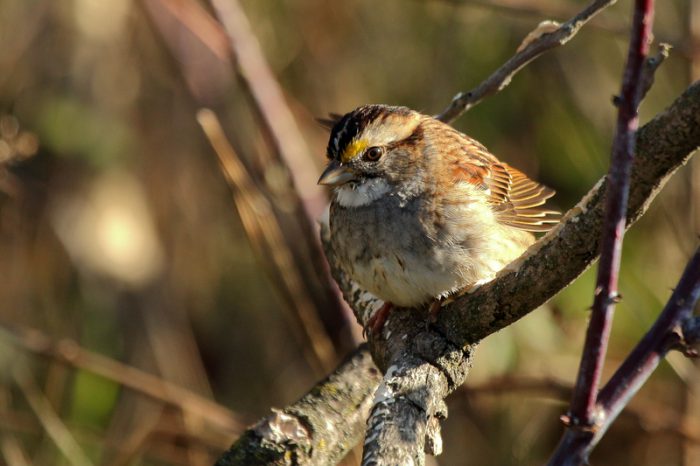 The white-throated sparrow was the species studied in this case of the catchy song. (© Melodyanne - Dreamstime.com)
The white-throated sparrow was the species studied in this case of the catchy song. (© Melodyanne - Dreamstime.com)
